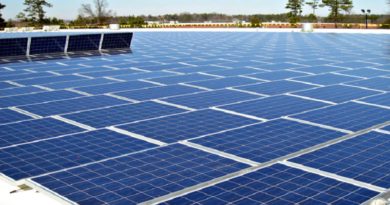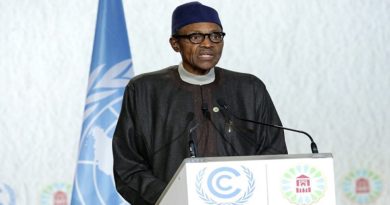IPCC authors meet to prepare final draft of report on Global Warming of 1.5ºC
Authors of the Intergovernmental Panel on Climate Change (IPCC) Special Report on Global Warming of 1.5ºC are meeting in Botswana this week to prepare the final draft of the report. More than 500 experts and government representatives took part in the recent review of the report’s Second Order Draft, resulting in nearly 25,600 review comments.
The Fourth Lead Author Meeting for the report brings together over 100 experts from nearly 40 countries and is being hosted by the University of Botswana in collaboration with the Ministry of Environment, Natural Resources Conservation and Tourism (MENRCT).
“Our meeting in Gaborone will be the last of the four Lead Author meetings for the IPCC Special Report on Global Warming of 1.5°C. This week will be crucial for preparing the final chapters and the second draft of the Summary for Policymakers,” said Valérie Masson-Delmotte, Co-Chair of IPCC Working Group I.
Overall, the Second Order Draft of the Special Report on 1.5°C attracted 25,590 review comments. These comments came from 570 expert reviewers representing 71 different countries.
Chapter 3 on impacts of 1.5°C global warming on natural and human systems attracted the most review comments (7,426 or 29%). Of the total number of review comments, 15% were focused on the Summary for Policymakers and 85% on the underlying report chapters.
The numbers of reviewers and review comments on the Second Order Draft far surpassed that of the First Order Draft. Nearly 500 experts from around the world took part in the review of the First Order Draft last year, resulting in 12,895 review comments.
The report on Global Warming of 1.5°C is one of three special reports that the IPCC, the leading body for assessing the science related to climate change, is releasing over the next two years.
This week’s meeting in Gaborone marks the culmination of the expert and government review of the draft report whose full title is Global Warming of 1.5°C: an IPCC special report on the impacts of global warming of 1.5°C above pre-industrial levels and related global greenhouse gas emission pathways, in the context of strengthening the global response to the threat of climate change, sustainable development, and efforts to eradicate poverty.
“We expect a vibrant work atmosphere here in Gaborone, especially given more than 25,000 review comments that we received on the Second Order Draft. We are extremely grateful to the hundreds of reviewers who provided their insights to strengthen the assessment,” said Masson-Delmotte.
All IPCC reports go through two stages of formal review. Having completed one round of review and redrafting, the authors will now incorporate feedback from the second review into a new working draft. This draft will be distributed to governments for a final review period, which will run from 4 June to 29 July. The final report is due to be finalized in the first week of October and made publicly available on 8 October 2018.
The IPCC’s comprehensive review process ensures that the reports cover the most up-to-date scientific, technical and socio-economic findings, and are representative of a broad range of independent expertise from developed and developing countries.




